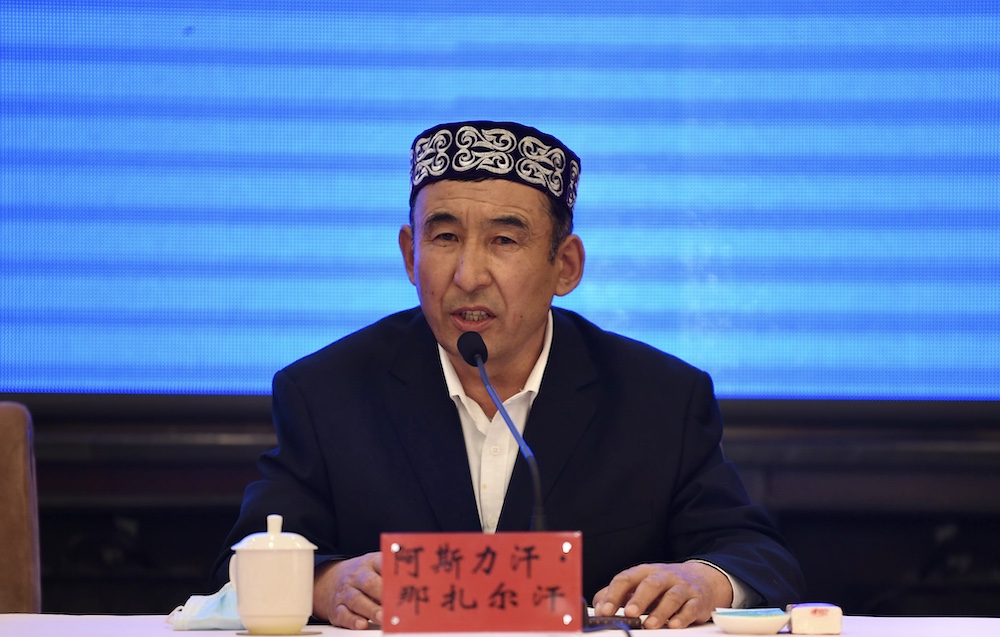Fact check: Govt protects religion in Xinjiang
Religious places and religious activities in Xinjiang must be approved by the Religions Bureau, and those religious activities are under restriction.


Rumors: Religious places and religious activities in Xinjiang must be approved by the Religions Bureau, and those religious activities are under restriction.
Fact:
In accordance with the Regulations on Religious Affairs in Xinjiang Uygur autonomous region, the Religious Affairs Department of the government registers the places of religious activities in accordance with the law in order to give them legal status and protect their legitimate rights and interests.
The Regulations clearly stipulate religious places enjoy the rights to establish democratic administration, manage their internal affairs, carry out religious activities, accept donations, manage and use their property and initiate good causes under the rule of law.
The legitimate rights and interests of places for religious activities shall be protected by law and shall not be infringed upon or interfered with by any organization or individual. Religious faculty members have the right to preside over religious activities and religious ceremonies, and can accept donations from society and individuals. All normal religious activities conducted by citizens in places of religious activities and in their own homes in accordance with religious customs, such as prayer, fasting and religious festivals, are taken care of by religious organizations and citizens themselves and protected by law.
No organization or individual is allowed to interfere. There is no such case of religious activities being under restriction, as is claimed by overseas media.
"In Xinjiang, the government protects normal religious activities according to law and fully respects Muslims' customs," said Asilihan Nazha'erhan, the Imam of the mosque in Hongdun town of Altay city.
The mosque in Hongdun town was built in 1996, covering an area of more than 1,500 square meters and a building area of nearly 200 square meters. Now about 100 people come to the mosque to attend prayer five times each day and there are more people on Sunday, about 200 people. More people come to the mosque during the two major Islamic festivals. They are all residents around the mosque.
"After Muslims get a marriage certificate from the civil affairs bureau, they will invite me to their homes to preside over the nikah ceremony," said Asilihan Nazha'erhan. "When someone passes away, I will go to the Muslim funeral service center to hold a standing ceremony for the dead according to religious customs, and then the deceased is buried in the cemetery."
"The claims by some overseas media that religious activities are under restriction in Xinjiang are sheer nonsense. Their sinister purpose is to stir up the dissension between the government and us, create contradictions between Muslims and non-Muslims, and destroy our happy life," said Asilihan Nazha'erhan. "We will never be deceived!"
- China's CR450: A new era of high-speed rail at 400 km/h
- TAN SUO SAN HAO to pioneer future of deep-sea exploration
- Xi's discourses on Chinese modernization published in Japanese
- Officials summoned over alleged garbage bin food served to students
- Caring hearts help to enhance quality special education
- Xi sends condolences to South Korean acting president over plane crash




































